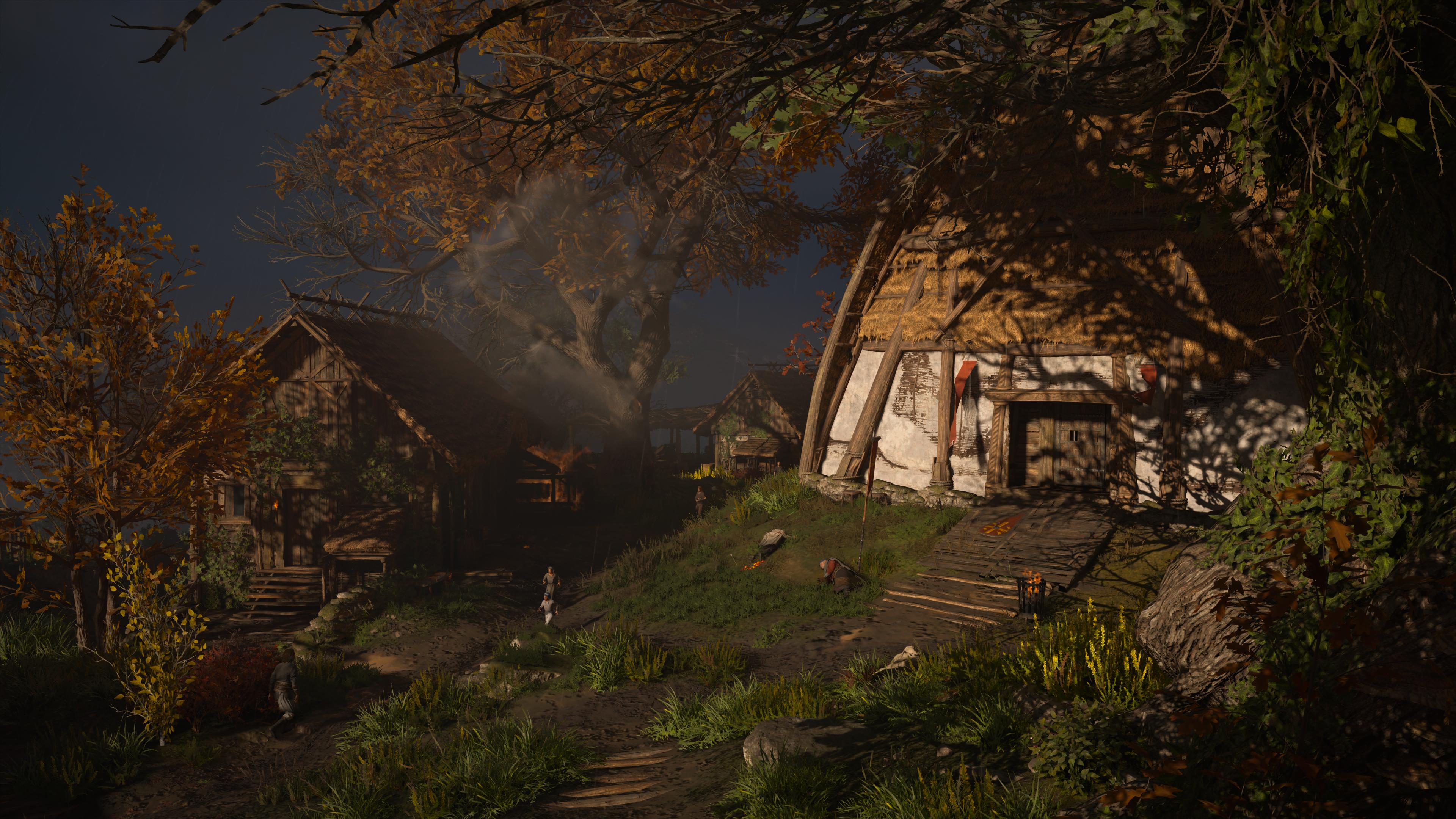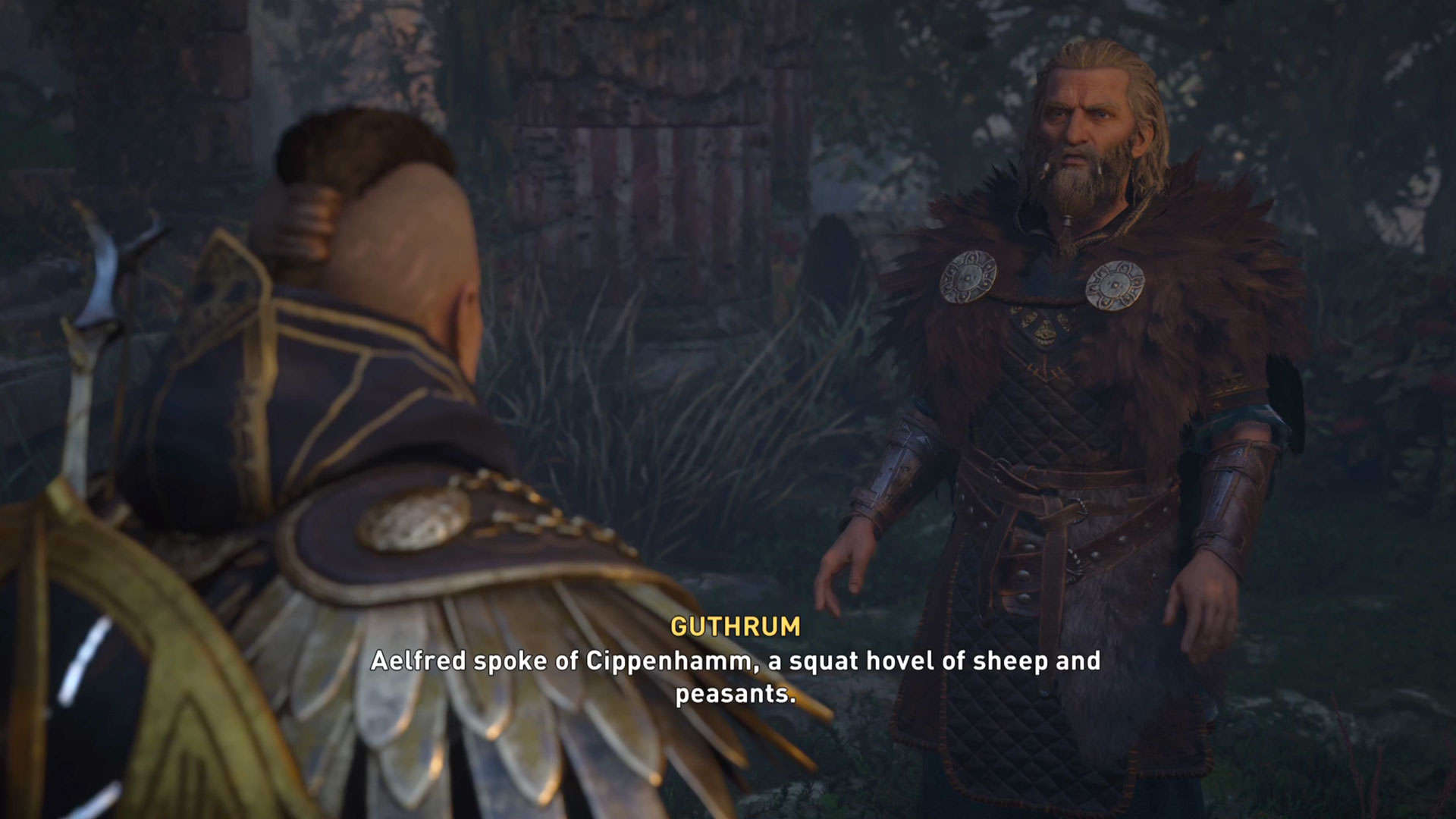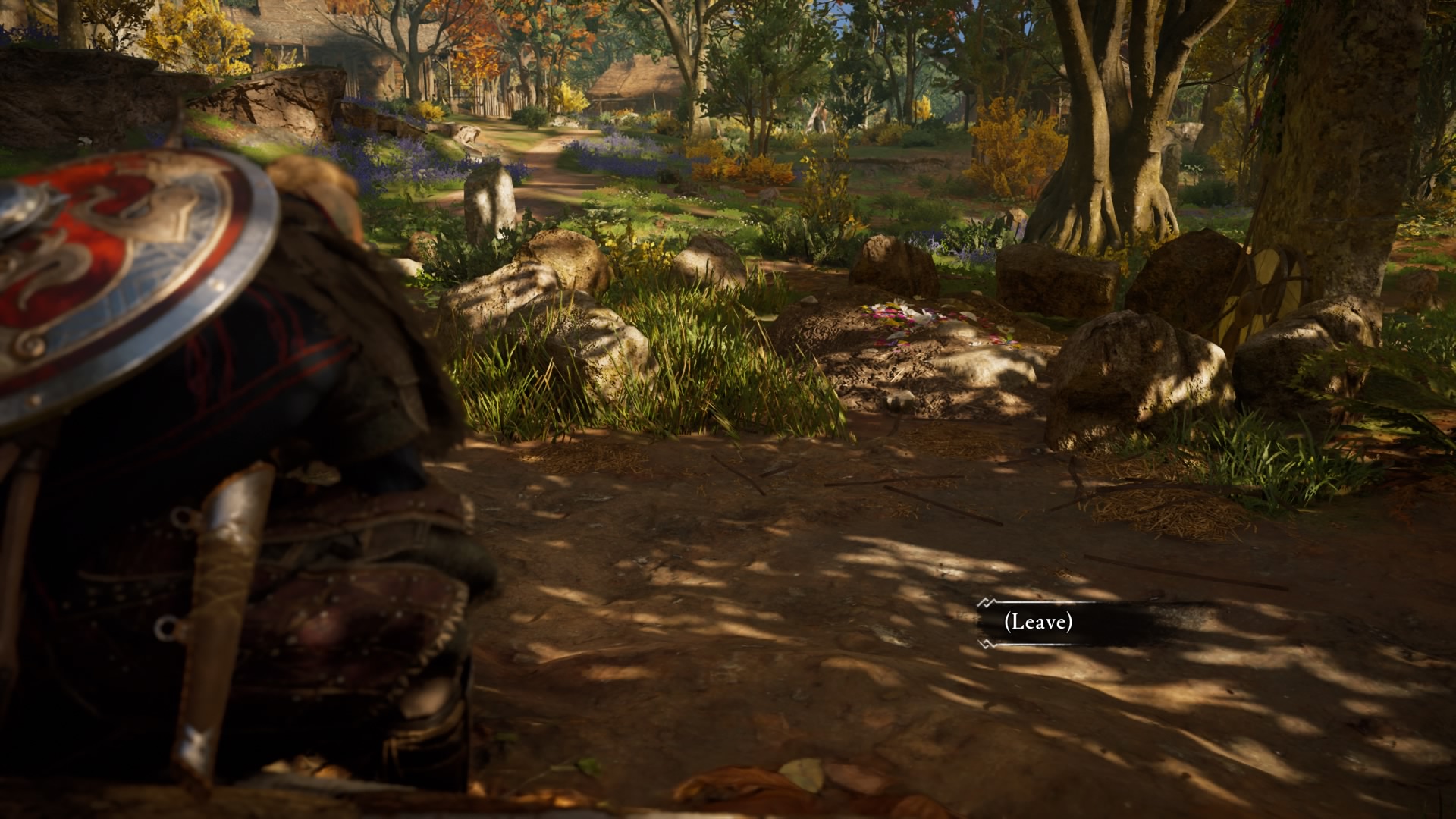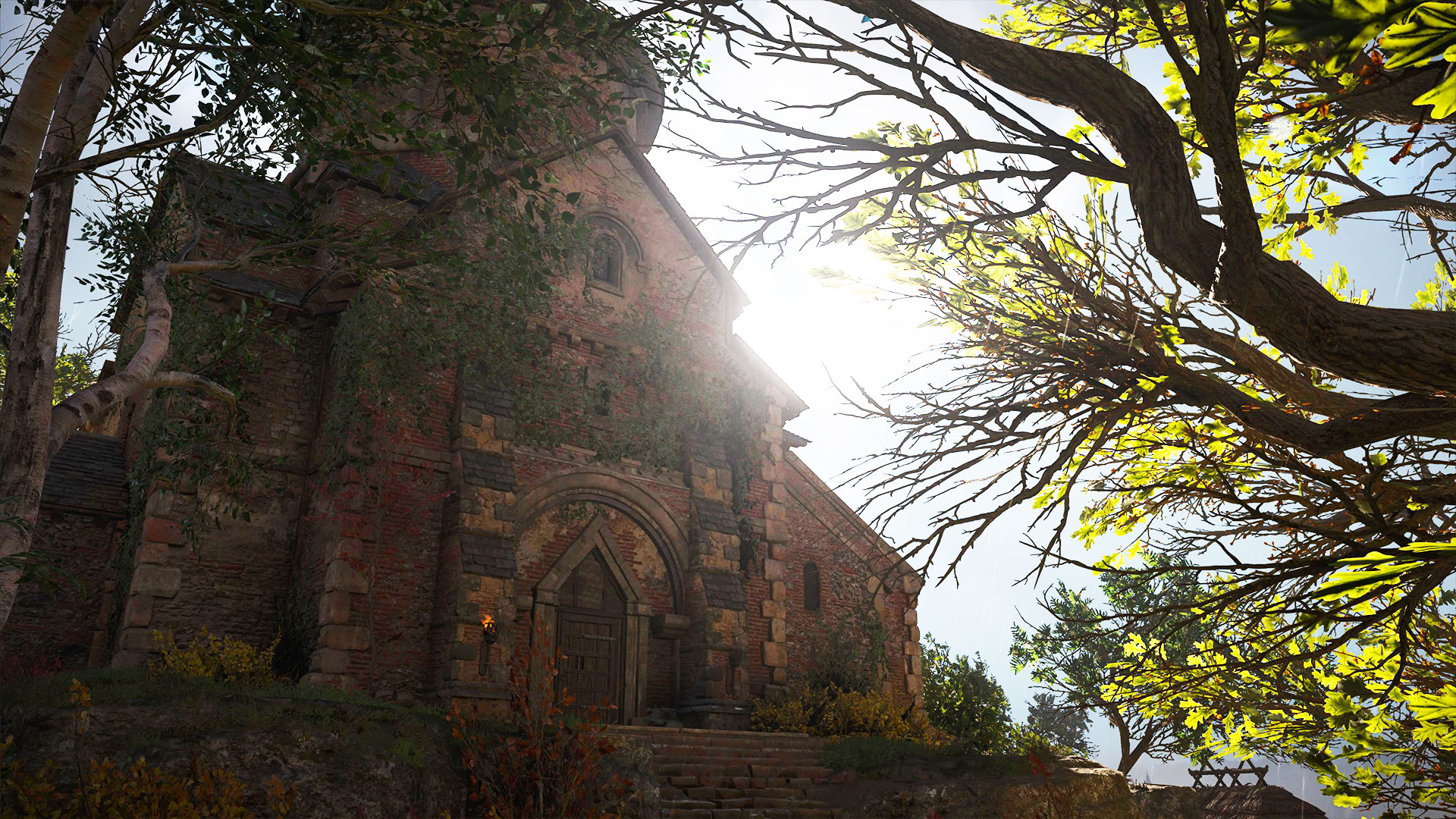Assassin's Creed Valhalla unexpectedly made me learn more about the town I live in
The historical accuracy is easy to dismiss when you're too busy being an assassin

It's easy to forget when you're wandering around Norway looking for Mjolnir that the Assassin's Creed series is based on real history. Okay, so maybe not the bit about the godly Isu or the whole thing about Eivor being controlled by a 20th-century woman called Layla, but the actual history. Nothing's quite served as a reminder of just how historically accurate the series can be until a crucial part of the Assassin's Creed Valhalla ending took place in the town where I live – Chippenham.
I'm not going to lie, I've lived here for over three years now and apart from what I've learned from spinning Pokemon Go stops, I basically know nothing about it. But Assassin's Creed Valhalla has made me appreciate the town's extraordinarily long history, which it turns out, dates back to the times where Vikings roamed the British countryside.
**Warning, spoilers incoming for the ending of Assassin's Creed Valhalla, so read on at your own peril**
Homeward bound

In games about British history, you expect to see the likes of London (Lunden) and York (Jorvik) to feature alongside other notable English cities, but having Chippenham feature as the locale for the game's big dramatic ending wasn't exactly what I expected. In fact, I was so shocked to hear it referenced by name that I had to hit the capture button on PS5 and replay it several times before I'd actually believe it. But there it was - Chippenham (or as it was then called - Cippanhamm).
It's funny to think that a town I moved to for the convenience of it being near to the GamesRadar+ office, and also on the London train line, features as such a huge part of a video game at all. But it just goes to show how little I did know about Chippenham. Although, despite its prominence in the 800s, it's never exactly referred to with love and respect, with Guthrum at one point calling it a "squat hovel of sheep and peasants". But Alfred's decision to retreat there for his 'Christ mass' holiday feast is a tale based on actual history it turns out, giving Chippenham a moment in the Valhalla spotlight I had no idea it actually deserved.

A quiet moment in Assassin's Creed Valhalla made the story hit all the harder
It was known as the Battle of Chippenham, and it was a real thing that happened in January of 878. The actual battle saw a Viking army, led by Guthrum and Ubba, break a truce and catch Alfred the Great without his army as he wintered at Chippenham. Although he had limited protection, Alfred was forced to flee to Athelney. Sound familiar? Well, the game's ending plays out exactly the same way, albeit with one crucial change – and not just Alfred's revelation to Eivor when they meet with him later in Athelney.
Because Eivor themselves is a Ubisoft fabrication, the developer did need to insert you somewhere into this final battle, hence why Eivor takes the place of Ubba in the battle. Sadly, in the game, Ubba dies off-screen and without much fanfare – unless you purposefully go and discover his body at a battleground near Athelney – while in reality, he plays a much larger role in the removal of Alfred from the throne.
Sign up to the GamesRadar+ Newsletter
Weekly digests, tales from the communities you love, and more

Going down the rabbit hole further, it turns out real-life Ubba has further connections to Chippenham. Ubba's body is in fact thought to be buried in a prehistoric barrow (aka a burial mound) some eight-minute drive from where I live now. Plus, there's even a plaque on the Chippenham Museum – a location I've walked past literally hundreds of times – in the center of town that states it sits on the site once occupied by Alfred's Hunting Lodge in the ninth century, and thus also during the Battle of Chippenham.
Without experiencing the full story arc of Assassin's Creed Valhalla, I may have never learned so much about this town's rich history. But it also served as a stark reminder that Assassin's Creed games really are based heavily on real historic events. It's something the series has always been famed for, but when you're fighting off mythical beasts, traveling to Asgard, and navigating weird world-breaking anomalies it's easy to brush everything off as video game lore.
But, although Eivor wasn't real, the people they met along the way were. Alfred the Great was a real king, and Eivor's clan and allies basically represent what was known through history as the Great Heathen Army, or the Viking Great Army, and the in-game battles really did happen. I'm almost disappointed that it took a game to remind me to look into my surroundings more. Bring on Assassin's Creed Valhalla Discovery Tour, that's all I can say.

Sam Loveridge is the Brand Director and former Global Editor-in-Chief of GamesRadar. She joined the team in August 2017. Sam came to GamesRadar after working at TrustedReviews, Digital Spy, and Fandom, following the completion of an MA in Journalism. In her time, she's also had appearances on The Guardian, BBC, and more. Her experience has seen her cover console and PC games, along with gaming hardware, for a decade, and for GamesRadar, she's in charge of the site's overall direction, managing the team, and making sure it's the best it can be. Her gaming passions lie with weird simulation games, big open-world RPGs, and beautifully crafted indies. She plays across all platforms, and specializes in titles like Pokemon, Assassin's Creed, The Sims, and more. Basically, she loves all games that aren't sports or fighting titles! In her spare time, Sam likes to live like Stardew Valley by cooking and baking, growing vegetables, and enjoying life in the countryside.


